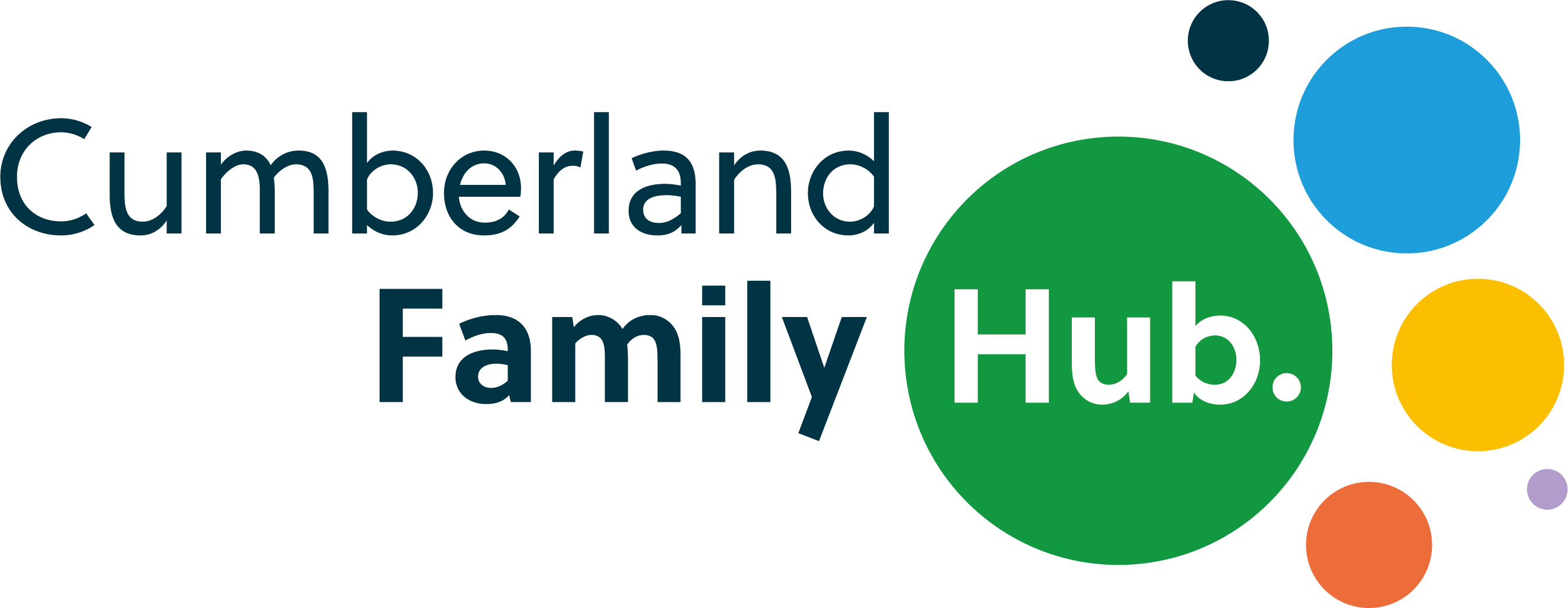Speech and Language
Hearing tests are offered to newborn babies and children to identify any problems early on in their early development.
Here are a few things that you can do to make it easier for your child to listen:
- Use your child's name to get their full attention before you start talking.
- Get down to your child's level so that you are face-to-face and can see and hear each other better.
- Say their name again and wait until your eyes meet. At that moment you'll know they are paying attention and focussing on what you are saying. Your child is ready to listen.
- Try and maintain eye contact whilst speaking.
- Use short simple sentences that are easy to understand.
- Speak clearly, without shouting, and maintain your normal rhythm of speech.
- Don't cover your mouth whilst speaking - everyone lipreads to help understand what is said. Gestures and body language help understanding too.
- Repeat any instructions using different wording if they are not understood the first time.
- Always take the time to reply and encourage communication.
- Try to reduce background noise in the room, such as turning off the TV or radio, closing the door or window, or moving to a quieter area.
- Be aware that your child may not hear clearly in a noisy environment such as when outside playing with other children, in the car, or near a busy street.
- Children with hearing problems have to concentrate more to be able to listen. They may get tired more quickly than their peers and have less energy by the end of the day.
Useful websites
The NHS Start for Life website has a useful page which includes chat play and read activities, singing examples and ideas to help you toddler learn.
The NCIC NHS Foundation Trust Children's Speech and Language Therapy service works with children up to the age of 19.
The BBC's Tiny Happy People has some fun-packed activities to help you develop your child's language skills. Explore our simple activities and play ideas and find out about babies' and toddlers' amazing early development.
Speech and Language UK website breaks down development by ages and stages for a handy overview of speech and language milestones.
